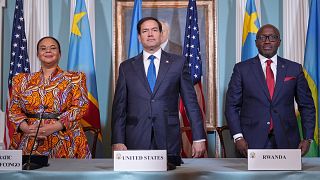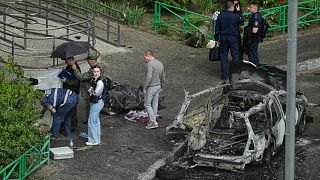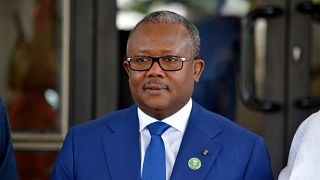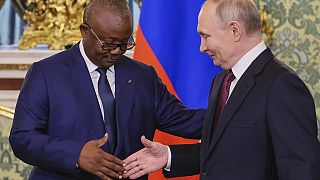Guinea-Bissau
Guinea-Bissau President José Mario Vaz dissolved his council of ministers in a presidential decree announced on Monday.
Vaz blamed an unspecified political crisis which he said had paralyzed state institutions and functioning of government.
A few days ago, the Prime Minister, Aristide Gomes, denounced what he called a coup attempt. And on Saturday, the police violently stopped an attempt by the opposition to demonstrate, killing one person and injuring several others.
This is the latest episode in a long power struggle between the president and the government of the small West African country of about two million people.
The dismissal of the government has left Guinea Bissau in even more uncertainty. There are now doubts on whether can hold a planned presidential election at the end of November.
President Mario Vaz will face off against former prime minister Domingos Simoes Pereira who he dismissed in 2015. Pereira’s dismissal is what started the political impasse, which, regional bloc ECOWAS hopes can end with the November elections.
Independent since 1974, Guinea Bissau, a former Portuguese colony, is familiar with instability. It has already experienced four military takeovers, and sixteen attempted coups.












01:09
NGOs sue Spain for ignoring illegal fishing threat to African coasts
01:01
Chimpanzees caught on camera sharing boozy fruit in Guinea-Bissau
01:51
Coming home: Ghana has granted citizenship to hundreds of African Americans
04:00
Year in Review: African elections in 2024
02:10
Ruling party candidate Nandi-Ndaitwah favorite as Namibia votes
01:44
Mauritius heads to the polls in wake of wiretapping scandal